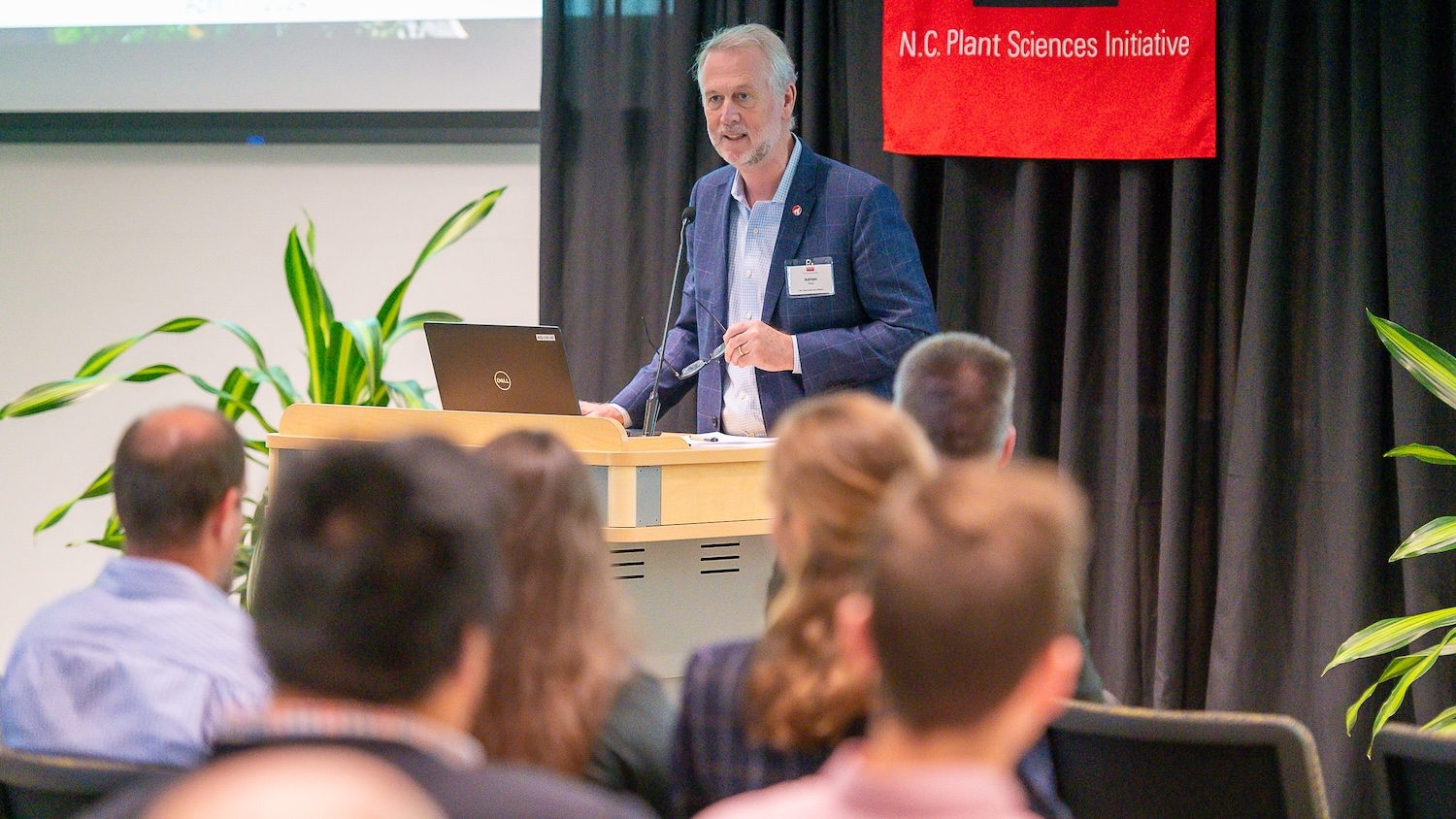Efforts to Help Homeless Kids Gaining Traction

Homeless children are at higher risk for mental health problems than other kids, but one researcher from NC State is taking action to give these kids a better chance for a healthy life.
Last year, we told you about Mary Haskett’s work with a program called Project CATCH, which aims to provide homeless children with the mental health resources they need. At the time, Project CATCH was just getting started. Fourteen months later, I touched base with Haskett to get an update. A lot has happened.
The project now has two child case managers who assess the mental health, development and well-being of every child who comes into any of the 10 Wake County homeless shelters participating in Project CATCH. To date, they’ve worked with more than 285 children, helping to connect these kids with education, health and mental health services.
To put that number in perspective, it is more than double the number of children evaluated in each of the two years before Project CATCH was launched.
“We’re now able to do a better job of getting homeless children the resources they need,” says Haskett, a professor of psychology at NC State. “Also, through training and development, we are improving the ability of shelters to support these families and foster strong parenting skills, which make for healthier parents, children and families.”
The project is also collecting data that Haskett will use to give researchers a better understanding of the mental health issues facing homeless children, and the most effective means of addressing those issues.
Haskett is also chairing a national American Psychological Association (APA) task force on promoting positive parenting in the context of family homelessness. Haskett was instrumental in creating the task force, through her role as president of the APA section on child maltreatment.
“One of our main goals for the task force is to educate the psychology community about the needs of children in homeless shelters,” Haskett says. “A lot of practitioners simply aren’t aware of the problem.”
The APA task force also plans to perform a national survey of homeless shelters on what they do to promote positive parenting, and what obstacles they’re facing in regard to helping homeless families. “We hope to use that information to develop guidelines that will help shelters improve the services they provide to parents and families,” Haskett says.
- Categories:


